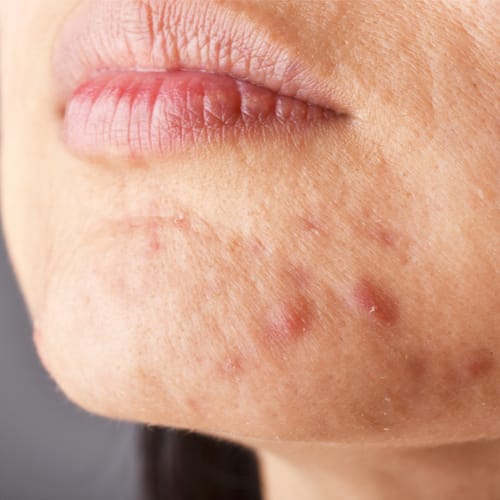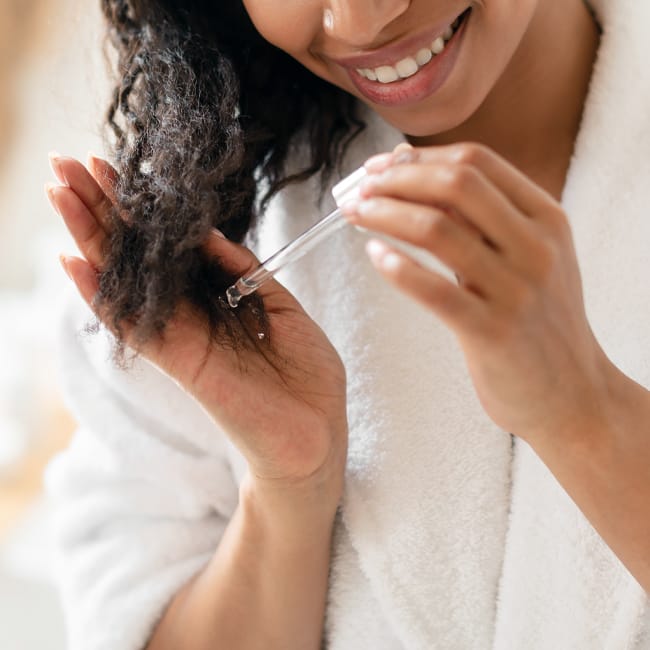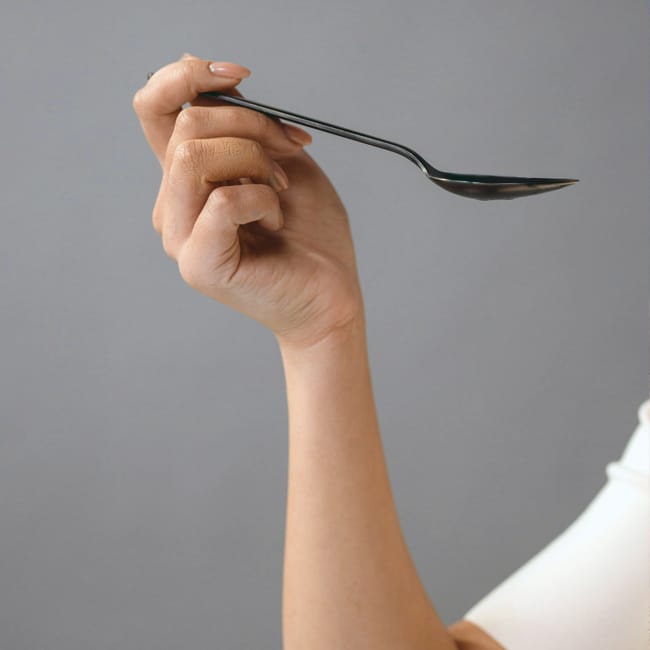This is an archived article and the information in the story may be outdated. Please check the time stamp on the story to see when it was updated last.
There are many ways to combat acne, but no matter what you do, some pimples are inevitable. So when a zit does pop up out of nowhere, it’s important that you are prepared to deal with it. Equally important, you should know what not to do. The best advice? Never pop a pimple.
Popping a zit might be tempting, but it’s actually the worst thing you could do in this situation, and will extend the recovery time for your skin.


Here's what happens when you pop a zit:
Acne can happen to everyone, but how you can individualize your approach to breakouts depending on your skin's needs. However, no matter what your skin type and condition, there is one foolproof rule: never pick at your skin, especially not your breakouts.
Dr. Adam Mamelak, an Austin-based dermatologist, explains that popping a pimple can lead to further irritation. He explains, "Not only will squeezing irritate the skin, it may also spread bacteria to other pores or cause scarring."

It makes your skin irritation last even longer.
It also will not make your zit go away any more quickly.
According to Very Well Health, "When you squeeze a pimple, you can inadvertently force all the debris from the pore deeper into the follicle. That can cause the follicle wall to rupture, spilling all the infected material into the dermis, the lower layer of skin."

Instead, try doing this.
According to the American Academy of Dermatology, there are a few steps you should take instead.
First, wash the area with a mild cleanser. Do not scrub at the area, but take a gentle approach to your skincare.
Second, apply ice to the zit, which can "reduce pain and swelling." The article says, "[W]rap an ice cube in a paper towel and apply it to the area for five to 10 minutes. Repeat this two more times, with 10-minute breaks between icing."
Third, apply a 2% benzoyl peroxide, which should help "kill the bacteria that causes acne." Make sure it's a thin layer, because too much can irritate your skin, leading to further problems.


























